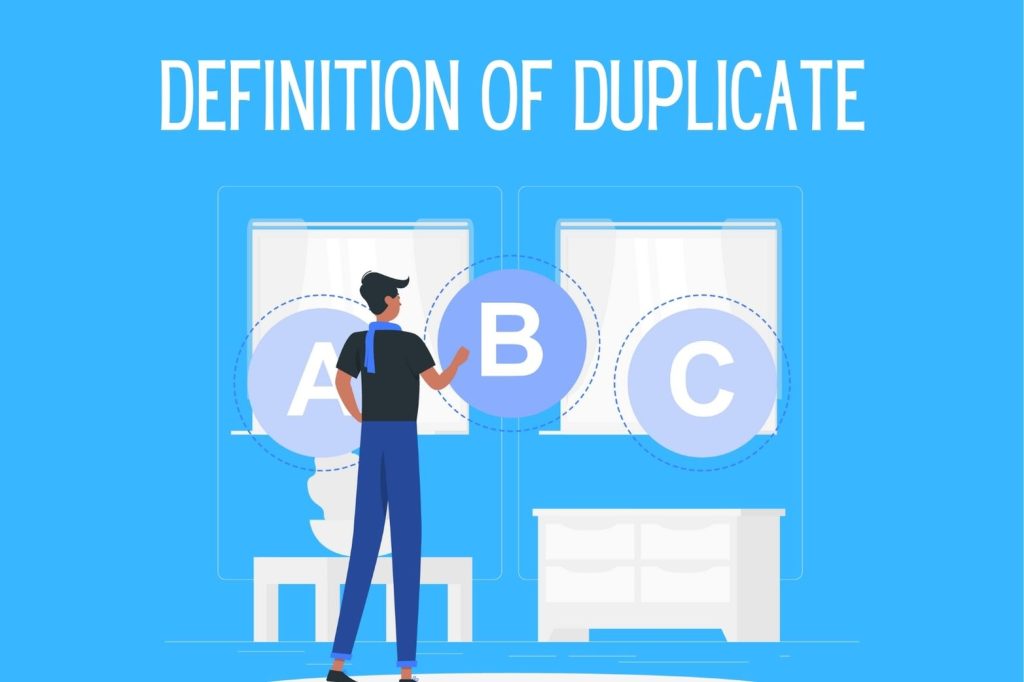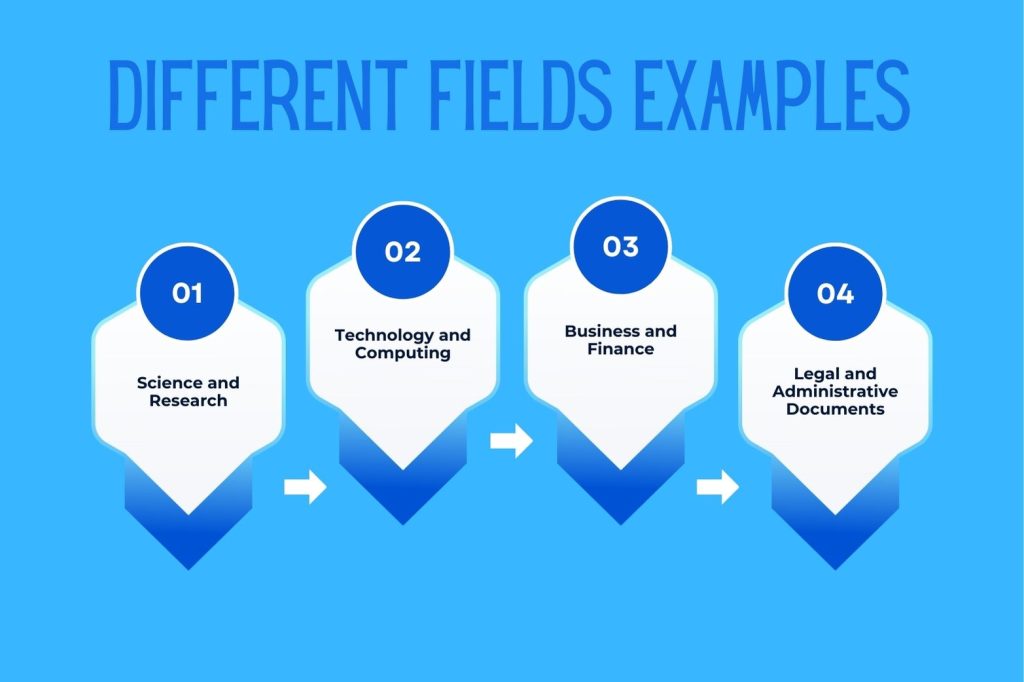The most common words that seem to mean the same thing but actually do not are “replicate” and “duplicate.” Different contexts lead to different meanings; people may use the two words interchangeably in several instances. However, knowing that one has to differentiate the two words can make communication more precise, especially in fields like science, technology, business, and general language.
The article will explain the meanings of “replicate” and “duplicate” and the features that differentiate them. It will also provide real-life examples of the proper usage of these words.
Meaning of Replicate

The word “replicate” is derived from a Latin term replicate, meaning “to fold back”, “to repeat,” or “to multiply.” According to common use nowadays, “replicate” is reproducing or creating something anew, yet with many changes or alterations. It covers efforts to obtain a similar result as the original but not replication.
Most Common Applications of Replicate
1. Scientific Studies – Repeating an experiment in science for further replication.
2. Technical and Software Field—Data replication in computing involves duplication among multiple systems for safety and homogeneity.
3. Biology and Genetics—Mitosis is the method by which cells replicate; genetic material is duplicated and divided into offspring cells.
4. Replicate Art and Craft—Copying historically recognized paintings using the same technique but with their own twist.
5. Manufacturing—Minor changes are made to replicate an item to improve its quality or conform to market requirements.
Example sentences for replicate
– To check for validity of the experiment, the researcher tried to replicate it.
– The program uses cloud storage to replicate data on multiple servers.
– The artist sought to duplicate the artwork but added his unique touch.
– Cells duplicate by division forming new tissues.
Definition of Duplicate

This term, which traces its linguistic roots to the Latin duplicatus, means “to double.” On the other hand, a duplicate means that something is being accurately copied, with no addition or subtraction, rather than being replicated.
Usual Applications: Duplicate Are Various
1. Records & Documents: Suppose a photocopy of a document is officially required. In that case, it is a duplicate to the original because legally, a photocopy is treated as an identical copy of an original document.
2. Copying & Printing: Thus, in making a photocopy, the output is a duplicate of the original.
3. Authentication & Security: Duplicate to the backup keys will guarantee access if the original is lost.
4. Data Management: Duplicate database records lead to errors when similar data is kept.
5. Business and Finance: Invoices are duplicated and attached to the receipts for record purposes.
Sentences Using the Word Duplicate
– The worker duplicated the contract for his files.
– The photo copier made a perfect _______ duplicate from the original picture.
– She kept a duplicate key in case she lost the original.
– The database rejected the input since it found a duplicate record.
When to Use Replicate vs. Duplicate
– Use “replicate” when referring to an effort to recreate something, often with slight changes or under new conditions.
– Use “duplicate” to describe a true copy of something, in which accuracy and resemblance to the original are central.
Different Fields Examples

1. Science and Research
– To test the reliability of an experiment, the researcher will go on to replicate it under some altered conditions.
– A laboratory technician will interpret the results better if he duplicates the sample.
2. Technology and Computing
– Cloud storage replicates data in multiple places to counter the risk of losing it.
– A duplicate file is a computer copy of an exact file.
3. Business and Finance
– The business can always replicate the successful model into another market.
– The financial statements are usually duplicated for audit work.
4. Legal and Administrative Documents
– A lawyer may have to duplicate contracts for both sides.
– Government agencies replicate policies that work in other areas with emerging challenges.
Key Differences Between Replicate and Duplicate
| Aspect | Replicate | Duplicate |
|---|---|---|
| Definition | To reproduce or recreate with possible variations | To create an exact copy |
| Level of Exactness | Not always identical; may include modifications | Always identical to the original |
| Usage in Science | Used to verify experiments under different conditions | Used to produce identical samples |
| Usage in Business | Replicating successful business models with adaptations | Duplicating contracts or financial records |
| Common Application | Art, biology, software, manufacturing | Legal documents, copying, record-keeping |
Common Misconceptions and Mistakes
1. Interchangeability: Most people think that “replicate” and “duplicate” are interchangeable, but wrong applications can change a sentence’s meaning.
– Wrongly Used: “I must replicate my birth certificate.”
– Correct: “I must duplicate my birth certificate.”
2. In scientific contexts, a duplicate study means an exact repetition, whereas a replicated study means confirmation under different conditions.
3. Technological Confusion: In computer science, “Data duplication” means redundant copies, while “data replication” means synchronized, geographically dispersed copies for safety.
In Conclusion!
Though the two terms “replicate” and “duplicate” sound alike, they have completely different communicative purposes. Mastery of these differences adds to clarity of communication, especially in business and academic contexts.
– Replicate refers to recreating something with possible variation, and it is used in science, technology, and the arts.
– Duplicate means making an identical copy, which applies to documentation, security, and exact record-keeping.
Knowing these differences is the key to clear communication and the prevention of misunderstandings in informal and formal situations. Next time, choose wisely between these words depending on the level of precision required in your context.
